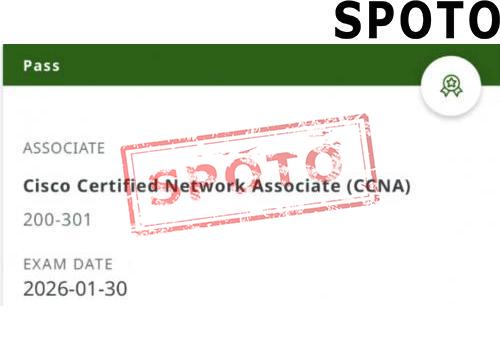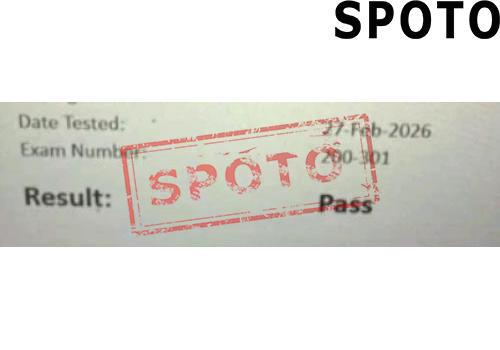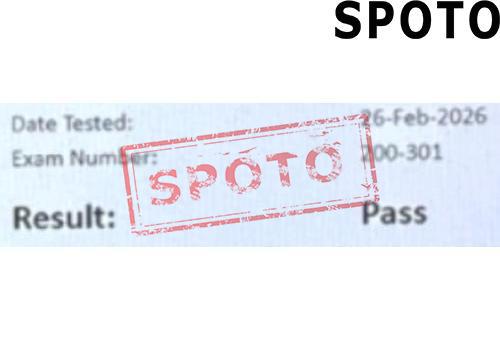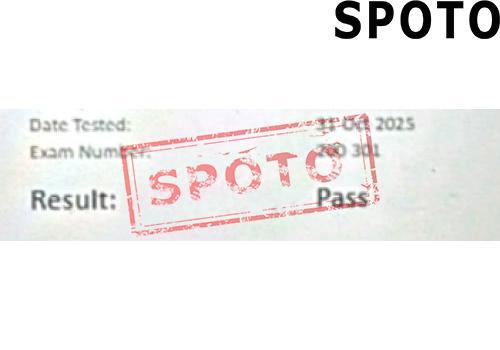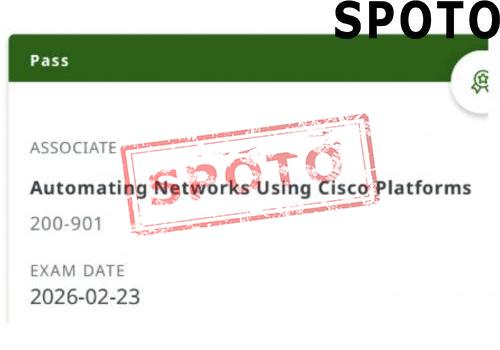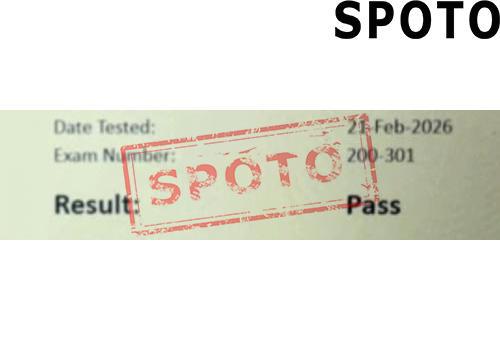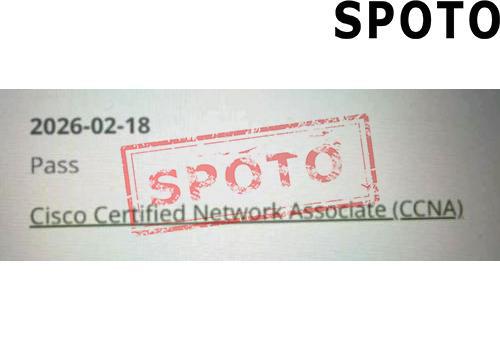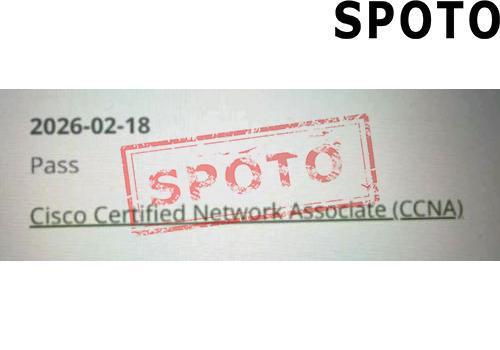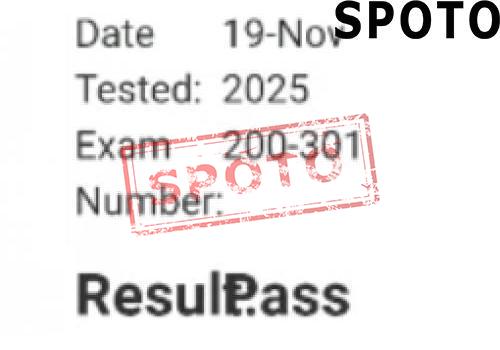)
Table of Contents
As networks grow in size and complexity, the demand for skilled network engineers has surged. Among the various network technology certifications available, Cisco certifications are highly esteemed for their authority and practical relevance.
As an industry leader, Cisco offers a diverse range of certifications, catering to professionals at different skill levels, from entry-level to advanced. Two of the most prominent Cisco certifications are the Cisco Certified Network Associate (CCNA) and the Cisco Certified Network Professional (CCNP).
For novice network professionals, the choice between these two certification levels can be a critical decision. This article aims to explore the distinguishing characteristics of CCNA and CCNP, guiding beginners in determining the most suitable learning path for their career aspirations.
I. CCNA vs. CCNP
The certification level and objectives are crucial considerations when choosing between CCNA or CCNP, as they are designed to cater to professionals at different stages of their careers.
1.1 CCNA: Entry-Level Certification
The CCNA (Cisco Certified Network Associate) certification is intended for individuals who are new to the networking field. It provides foundational knowledge and core skills in the networking domain, including network models, IP address allocation, routing protocols, switching principles, and more. Through the CCNA, beginners can build a basic understanding of network infrastructure and acquire the practical skills needed to configure and manage small to medium-sized networks. The CCNA serves as the starting point for a networking career, offering a strong foundation for further professional growth.
1.2 CCNP: Intermediate Certification
For professionals who already possess a CCNA certification or have a comparable level of networking knowledge and hands-on experience, the CCNP (Cisco Certified Network Professional) certification is a natural progression. The CCNP requires not only a deeper understanding of network technologies but also the ability to apply this knowledge to solve more complex network problems. The CCNP curriculum covers advanced areas such as routing, switching, network security, wireless communications, and voice technologies, and is designed to produce professionals who can design, implement, and troubleshoot large and complex networks. Engineers with a CCNP certification are generally more professionally competitive, capable of more advanced network architecture and management work, thus opening up a broader career path in the IT industry.
II. The Differences Between CCNA Exam & CCNP Exam
The CCNA and CCNP exams differ significantly in their content and the level of expertise they assess.
2.1 CCNA Exam Content
The CCNA exam focuses on networking fundamentals and evaluates a candidate's basic understanding of networking concepts and their ability to apply them. The exam covers several key topics, including:
- IP addressing and subnetting, which is the foundation of network communications and involves the assignment of IP addresses to network devices and effective network segmentation.
- Routing protocols, where candidates need to understand different routing mechanisms, such as static and dynamic routing, and their role in the network.
- Switching technologies, including Ethernet and the configuration of VLANs (Virtual Local Area Networks) to ensure an efficient and secure network.
- Basic network security concepts, such as access control and firewall fundamentals, to provide initial strategies for protecting network resources.
The CCNA exam is typically conducted in the form of multiple-choice questions and simulated operational questions to examine the candidate's mastery of the above knowledge points.
Understand the CCNA Exam with our Free Practice Tests!
2.2 CCNP Exam Content
The CCNP exam is significantly more challenging compared to the CCNA, as it not only requires a deeper understanding of network technology but also practical experience and the ability to solve complex problems. The CCNP exam content is more extensive and in-depth, including:
- Advanced routing technologies such as BGP (Border Gateway Protocol) and OSPF (Open Shortest Path First), which are key technologies for building large-scale networks and ensuring their efficient operation.
- Multi-layer switching and advanced VPN (Virtual Private Network) configurations, which examine candidates' ability to transmit data and ensure network security in complex network environments.
- Advanced topics in network security, including intrusion prevention, security protocols, and hardening of network devices.
- Troubleshooting and network optimization, where candidates need to demonstrate the ability to identify, diagnose, and resolve problems in a realistic network environment.
CCNP exams typically include more hands-on practical and case study questions to ensure that candidates not only have solid theoretical knowledge but also the ability to apply that knowledge in real-world situations. Professionals who pass the CCNP exam demonstrate their level of expertise and practical skills in the field of networking.
Understand the CCNP Exam with our Free Practice Tests!
III. CCNA vs. CCNP: How to Choose?
Choosing the right certification path is a critical decision, and here are some suggestions to help you make the right choice:
3.1 Understand the Certification Levels
It is crucial to understand the scope and target audience of each certification level.
CCNA: Entry-Level
Designed for novice networkers, the CCNA certification provides an education in networking fundamentals and basic skills. The CCNA program covers the basics of networking, network device operation, \[IP address assignment\], routing protocols, and other fundamental points. This certification is ideal for those new to networking or looking to build a foundation of networking knowledge.
CCNP: Intermediate to Advanced
The CCNP certification, on the other hand, is for professionals who already have some networking fundamentals and work experience. It covers more in-depth networking technologies, including advanced routing, switching, network security, and more. The CCNP certification is ideal for professionals who wish to upgrade their skills or move to a more advanced position.
3.2 Evaluate Your Experience and Knowledge
Honestly assess your current level of experience and knowledge before deciding which certification to pursue. If you are a novice networker without much experience, the CCNA can be a good starting point to help you build a basic understanding of network infrastructure. If you already have some experience working with networks or have mastered the CCNA level, then studying for the CCNP directly may be a better option, as it can help you build on your existing foundation.
3.3 Consider Your Career Objectives
Your career goals and the needs of your industry are also important factors to consider when choosing a certification.
CCNA: Industry Entry
The CCNA is suitable for newcomers who want to enter the networking industry. It provides beginners with the necessary skills and knowledge to help them find entry-level jobs in the networking field.
CCNP: Career Advancement
The CCNP, on the other hand, is suitable for professionals who want to upgrade their skills or move to a more advanced position, and it can help them reach new heights in their careers.
3.4 Evaluate Learning Resources and Time
Assess the time and resources you are able to devote to your studies.
CCNA: Shorter Study Cycle
The CCNA has a relatively short study cycle and is suitable for those who want to quickly upgrade their skills and enter the workforce.
CCNP: More In-Depth Study
The CCNP may require more time and more in-depth study, and is suitable for those who are willing to invest the time and effort to obtain a higher level of certification.
3.5 Consider the Cost
The cost of the certification is also an important factor to consider. Evaluate not only the cost of the exam itself but also the cost of study materials, training courses, and possible retakes.
CCNA Certification Costs
Earning a CCNA certification is relatively economical, as it only requires passing one exam, typically costing around $300. Candidates may also need to invest in study materials and training, but the overall cost is generally lower than the CCNP.
CCNP Certification Costs
The cost of the CCNP certification is relatively higher, as it requires passing a core exam and an optional exam, totaling around $700. Additionally, candidates may need to invest in advanced study materials, practice exams, and specialized training, which further increases the overall cost.
By carefully considering these factors, you can make an informed decision and choose the certification path that best aligns with your career goals, experience, and available resources.
Conclusion
Selecting the right certification, whether CCNA or CCNP, is a crucial decision that depends on your personal circumstances, including your current level of knowledge, career goals, available time, and budget. Whichever path you choose, the certification will provide a valuable asset to your networking career.
By carefully evaluating your situation and aligning it with the requirements and benefits of each certification, you can make an informed decision that sets you up for success. With thorough planning and dedicated preparation, you will be empowered to find your place in the dynamic networking industry and realize your career ambitions.
The CCNA and CCNP certifications offer distinct advantages, and the one that best matches your needs and aspirations will help you develop the necessary skills, knowledge, and credibility to advance your networking career. Embrace the opportunity to invest in your professional development, and embark on a journey that will propel you towards your desired goals.
